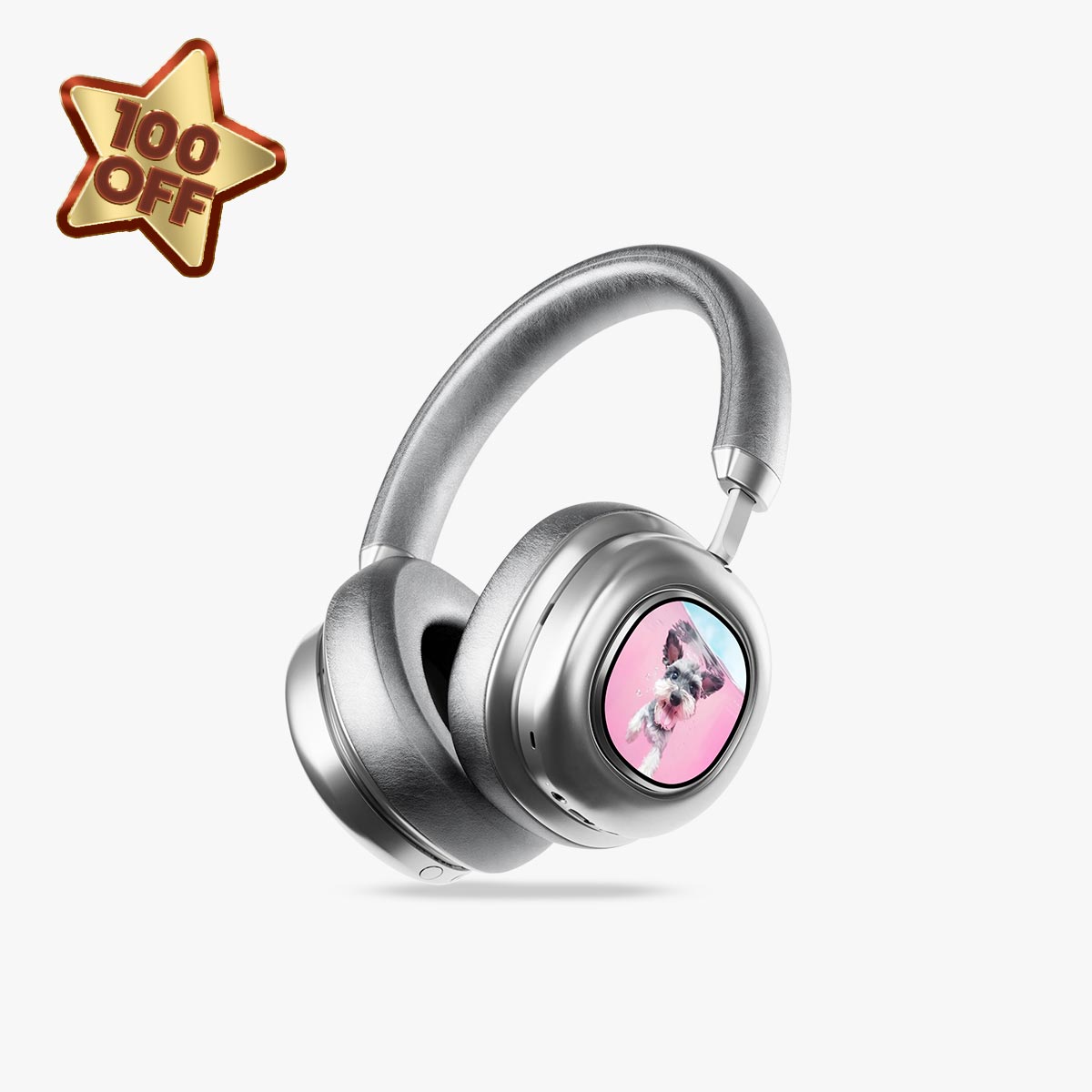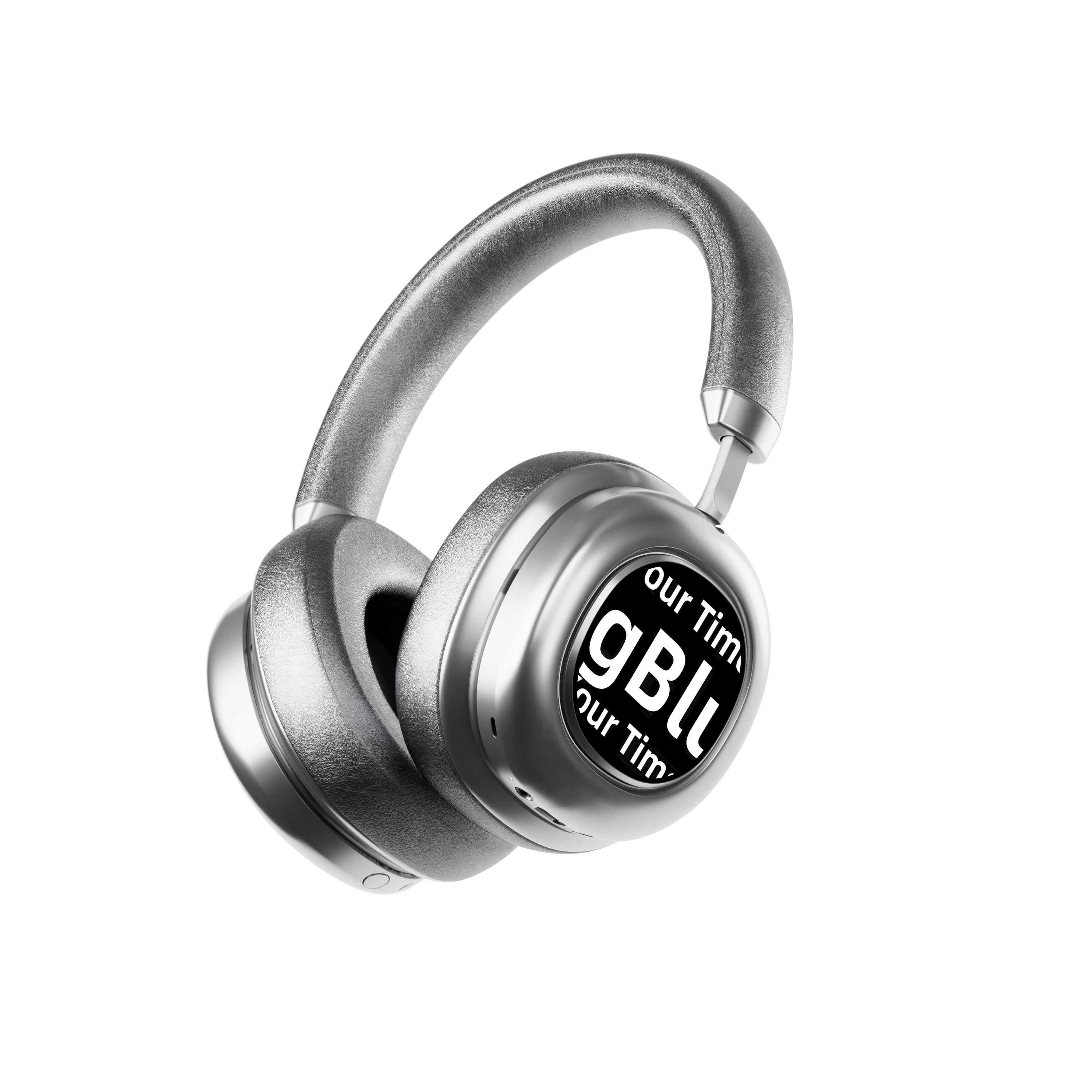As technology continues to evolve, the debate between wireless and wired headphones has become increasingly relevant. Whether you're an audiophile, a music enthusiast, or simply someone who enjoys immersive audio experiences, the choice between these two options can significantly impact your listening experience. In this blog post, we'll dive deep into the pros and cons of wireless and wired headphones, helping you make an informed decision that aligns with your needs and preferences.
The Evolution of Headphone Technology
The world of headphones has come a long way since the days of bulky, corded devices. The introduction of wireless technology has revolutionized the way we listen to music, podcasts, and audio content. Wireless headphones have become increasingly popular, offering a level of freedom and convenience that was once unimaginable.
However, the debate between wireless and wired headphones is not a simple one. Both options have their own unique advantages and disadvantages, and the choice ultimately depends on your specific needs and preferences. As you navigate this decision, it's important to consider factors such as sound quality, battery life, connectivity, and overall user experience.
Wireless Headphones: Pros and Cons
One of the primary advantages of wireless headphones is their convenience and mobility. With no cords to tangle or restrict your movement, you can enjoy your audio content without being tethered to your device. This freedom allows you to move around freely, whether you're working out, commuting, or simply relaxing at home.
Another key benefit of wireless headphones is their portability. Many models are designed to be lightweight and compact, making them easy to carry around in your pocket or bag. This is particularly useful for those who are always on the go and need a reliable audio solution that doesn't weigh them down.
However, wireless headphones do come with their own set of challenges. Battery life is a significant consideration, as you'll need to regularly charge your headphones to ensure they're ready for use. Additionally, the sound quality of wireless headphones can sometimes be perceived as slightly inferior to their wired counterparts, due to the compression and potential interference that can occur during wireless transmission.
Connectivity is another factor to consider with wireless headphones. While Bluetooth technology has improved significantly in recent years, there can still be occasional connectivity issues, such as dropouts or latency, which can be frustrating for users.
At MorningBlues, we understand the importance of striking the right balance between wireless convenience and audio fidelity. That's why we've designed our wireless VWS headphones with OLED screens to offer the best of both worlds. MorningBlues wireless headphones feature high-quality 5.4 Bluetooth connectivity, long-lasting battery life up to 60 hours, and exceptional sound quality with Jamo, ensuring that you can enjoy your music without compromising on performance.
Wired Headphones: Pros and Cons
While wireless headphones have gained significant popularity, wired headphones still have their own unique advantages. One of the primary benefits of wired headphones is their audio fidelity. Without the need for wireless transmission, wired headphones can often deliver a more accurate and detailed sound, appealing to audiophiles and music enthusiasts who prioritize sound quality above all else.
Another advantage of wired headphones is their reliability and durability. Since they don't rely on batteries or wireless connectivity, wired headphones are generally less prone to technical issues and can last for years with proper care. This makes them a more dependable choice for those who need a consistent and reliable audio solution.
However, wired headphones do come with their own set of limitations. The physical cable can be a hindrance, as it can restrict your movement and potentially get tangled or caught on objects. Additionally, the need to be physically connected to your audio source can be less convenient than the wireless freedom offered by Bluetooth-enabled headphones.
Key Comparison Factors
When choosing between wireless and wired headphones, there are several key factors to consider:
Sound Quality
While both wireless and wired headphones can deliver excellent sound quality, wired headphones generally have a slight edge in terms of audio fidelity. The lack of wireless transmission means that the audio signal is not subject to compression or potential interference, resulting in a more accurate and detailed listening experience.
Price Range
Wireless headphones tend to be more expensive than their wired counterparts, due to the additional technology and components required for wireless connectivity. However, as the technology continues to evolve, the price gap between the two options is gradually narrowing.
Comfort
Both wireless and wired headphones can be designed for comfort, with features like adjustable headbands, soft earcups, and lightweight construction. The choice ultimately comes down to personal preference and the specific design of the headphones.
Use Cases
The choice between wireless and wired headphones may also depend on your intended use. Wireless headphones are often better suited for activities like exercise, commuting, or casual listening, where the freedom of movement is essential. Wired headphones, on the other hand, may be more appropriate for critical listening, such as studio work or audiophile-grade music appreciation.
The Future of Headphone Technology
As technology continues to advance, the landscape of headphone design and functionality is constantly evolving. Emerging wireless technologies, such as Bluetooth 5.0 and Wi-Fi-based audio solutions, are promising to deliver even higher-quality wireless audio transmission, reducing the gap between wireless and wired headphones.
Additionally, the MorningBlues wireless headphones' integration of features like active noise cancellation, touch controls, and smart assistant integration is further enhancing the user experience of wireless headphone. As these technologies continue to mature, the choice between wireless and wired headphones may become even more nuanced, with users able to find the perfect balance of convenience, sound quality, and functionality.
Conclusion
In the end, the decision between wireless and wired headphones comes down to your personal preferences, listening habits, and specific needs. Both options offer unique advantages and disadvantages, and the "best" choice will depend on your individual circumstances.
At MorningBlues, we believe in empowering our customers with the knowledge and tools to make an informed decision. Whether you're drawn to the convenience of wireless headphones or the audio fidelity of wired options, we're here to help you find the perfect solution that aligns with your lifestyle and audio preferences.
Take the time to consider your priorities, test out different models, and explore the latest advancements in headphone technology. With a little research and an understanding of your needs, you'll be well on your way to finding the perfect headphones that will enhance your listening experience for years to come.








Leave a comment
All comments are moderated before being published.
This site is protected by hCaptcha and the hCaptcha Privacy Policy and Terms of Service apply.